Premium Only Content
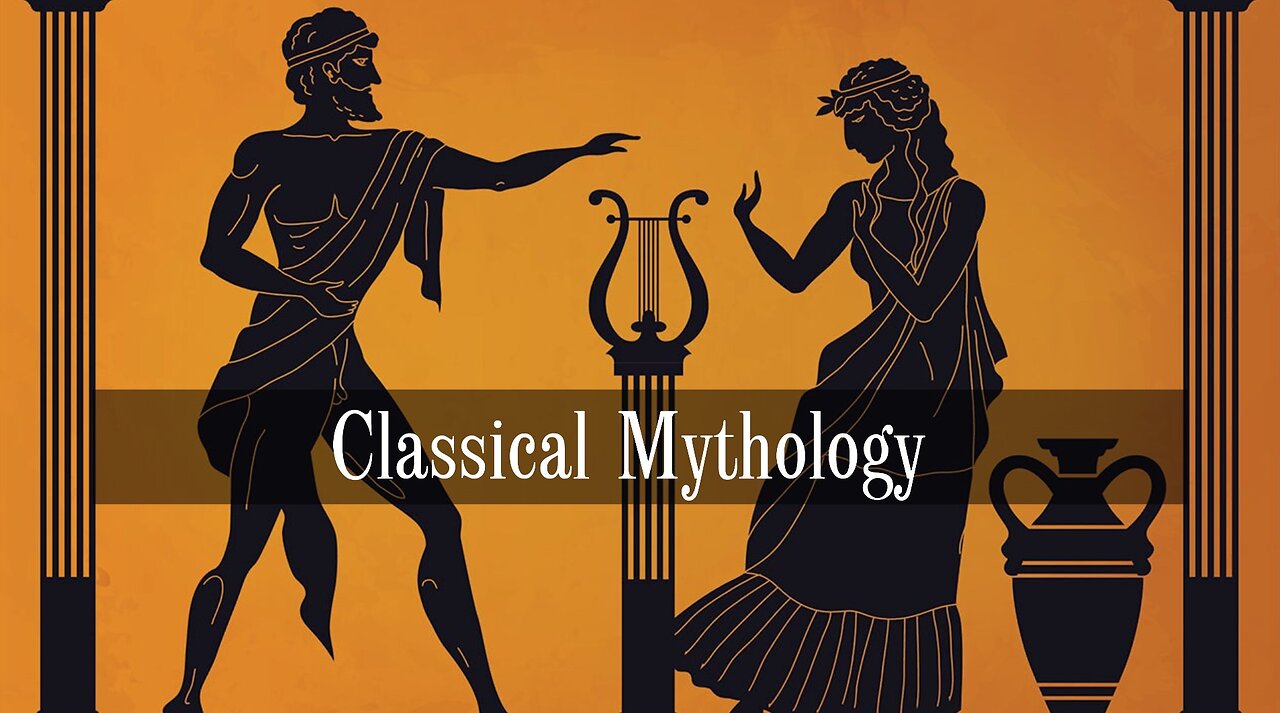
Classical Mythology | Introduction (Lecture 1)
24 lectures, 30 minutes/lecture
Taught by Elizabeth Vandiver - Whitman College
Ph.D., The University of Texas at Austin
Lecture 2: https://rumble.com/v4obvgk-classical-mythology-what-is-myth-lecture-2.html
Professor Vandiver is the 1998 recipient of the American Philological Association's Excellence in Teaching Award, the most prestigious teaching award given to American classicists. She also teaches the related Teaching Company courses The Iliad of Homer, The Odyssey of Homer, and Virgil's Aeneid.
From Athena to Zeus, the characters and stories of classical mythology have been both unforgettable and profoundly influential. They have inspired and shaped everything from great art and literature, to our notions of sexuality and gender roles, to the themes of popular films and TV shows.
Classical Mythology is an introduction to the primary characters and most important stories of classical Greek and Roman mythology. Among those you will study are the accounts of the creation of the world in Hesiod's Theogony and Ovid's Metamorphoses; the gods Zeus, Apollo, Demeter, Persephone, Hermes, Dionysos, and Aphrodite; the Greek Heroes, Theseus and Heracles (Hercules in the Roman version); and the most famous of all classical myths, the Trojan War.
Professor Elizabeth Vandiver anchors her presentation in some basics. What is a myth? Which societies use myths? What are some of the problems inherent in studying classical mythology? She also discusses the most influential 19th- and 20th-century thinking about myth's nature and function, including the psychological theories of Freud and Jung and the metaphysical approach of Joseph Campbell. Professor Vandiver examines similarities between the Theogony and Mesopotamian creation myths and considers the possible influences that the prehistoric Greek cultures, the Minoans and Mycenaeans, may have had on classical mythology.
She also cautions you about the dangers of probing for distant origins. For example, there is little evidence, as many today believe, that a prehistoric "mother goddess" lies at the heart of mythology. This notion may simply be wishful thinking—a modern myth about ancient myth. In addition, Professor Vandiver explores the challenges we face in studying mythology—which is rooted in oral tradition and pre-literate society—through the literary works that recount them. How do we disentangle the original myth from its portrayal in Aeschylus's The Oresteia, or Sophocles's Oedipus the King? The more renowned the author, the more difficult this task becomes.
Lecture 1: We set the stage by defining key terms and outlining some problems that develop when studying classical mythology. The course approach will be to include synopses of specific myths, discussions of their cultural background, and examinations of larger issues implied by them.
-
 28:44
28:44
The Great Courses
1 month agoHow the Medici Shaped the Renaissance | The Medici Restoration (Lecture 9)
358 -
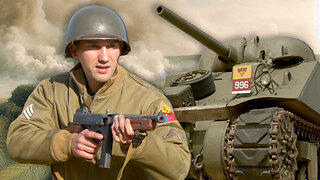 47:50
47:50
Survive History
20 hours ago $3.21 earnedCould You Survive as an Allied Frontline Soldier in World War Two?
25.8K4 -
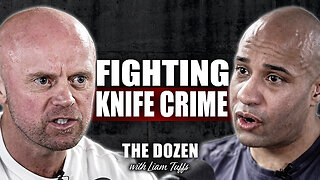 1:05:53
1:05:53
TheDozenPodcast
19 hours agoFist fights, murder, street life: Tommy Hench
14.6K6 -
 20:56
20:56
Bearing
19 hours agoThe Useless WOKE Bureaucrats That Let California BURN 🔥
11.9K39 -
 29:00
29:00
hickok45
1 day agoSunday Shoot-a-Round # 264
10.6K11 -
 8:34
8:34
Misha Petrov
1 day agoMom ATTACKS Principal Protecting Kids at School Game—"Nonbinary" Lawmaker Meltdown!
9.83K30 -
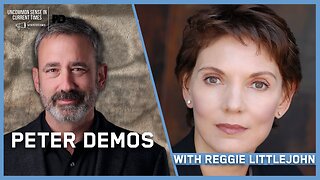 42:58
42:58
PMG
1 day ago $1.60 earned"The World Health Organization only wants to work with Nations that are compliant!"
24.7K7 -
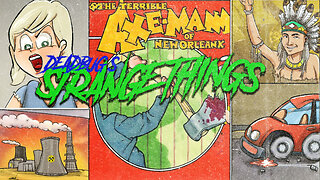 12:19
12:19
DEADBUGsays
20 hours agoSTRANGE THINGS #13
14.4K1 -
 16:28
16:28
Fit'n Fire
1 day ago $0.38 earnedBeretta 92X RDO Centurion and Cyelee SRS8 Chameleon Red Dot
10.2K1 -
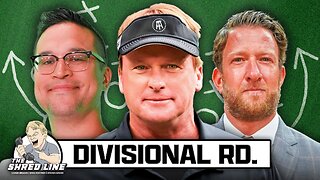 59:10
59:10
barstoolsports
19 hours agoThe Shred Line with Coach Gruden, Dave Portnoy, and Steven Cheah | Divisional Round
47.8K4